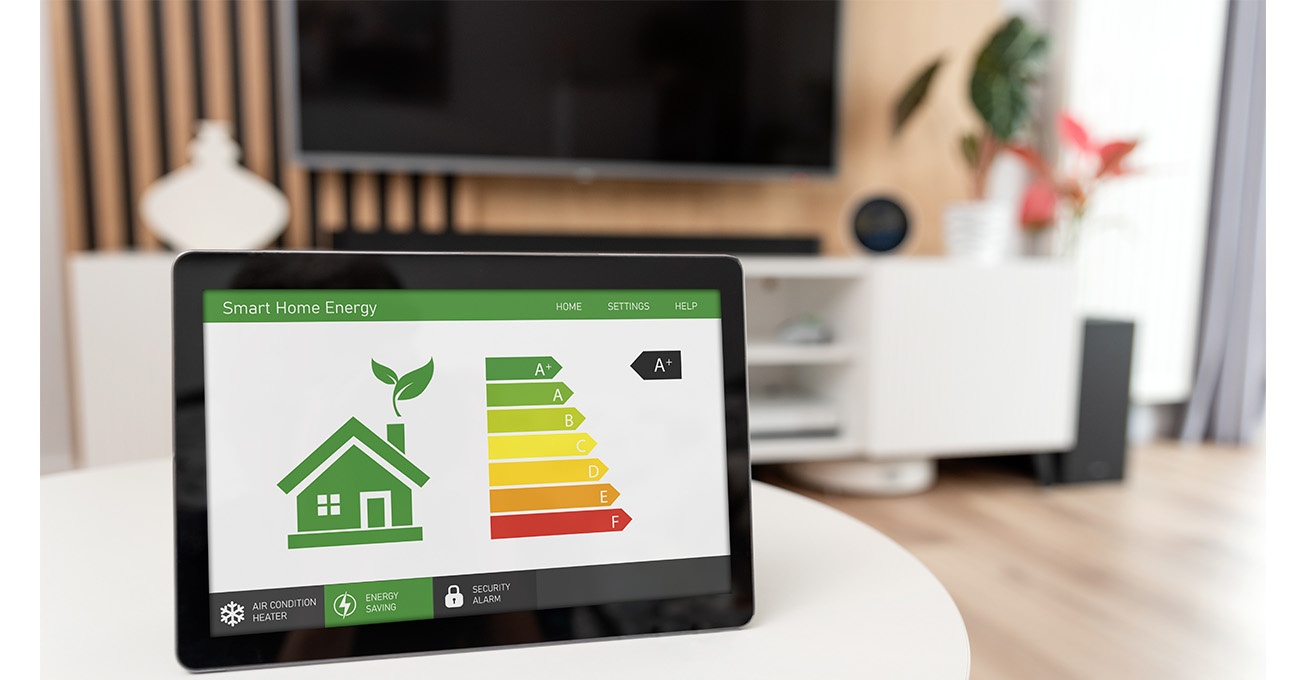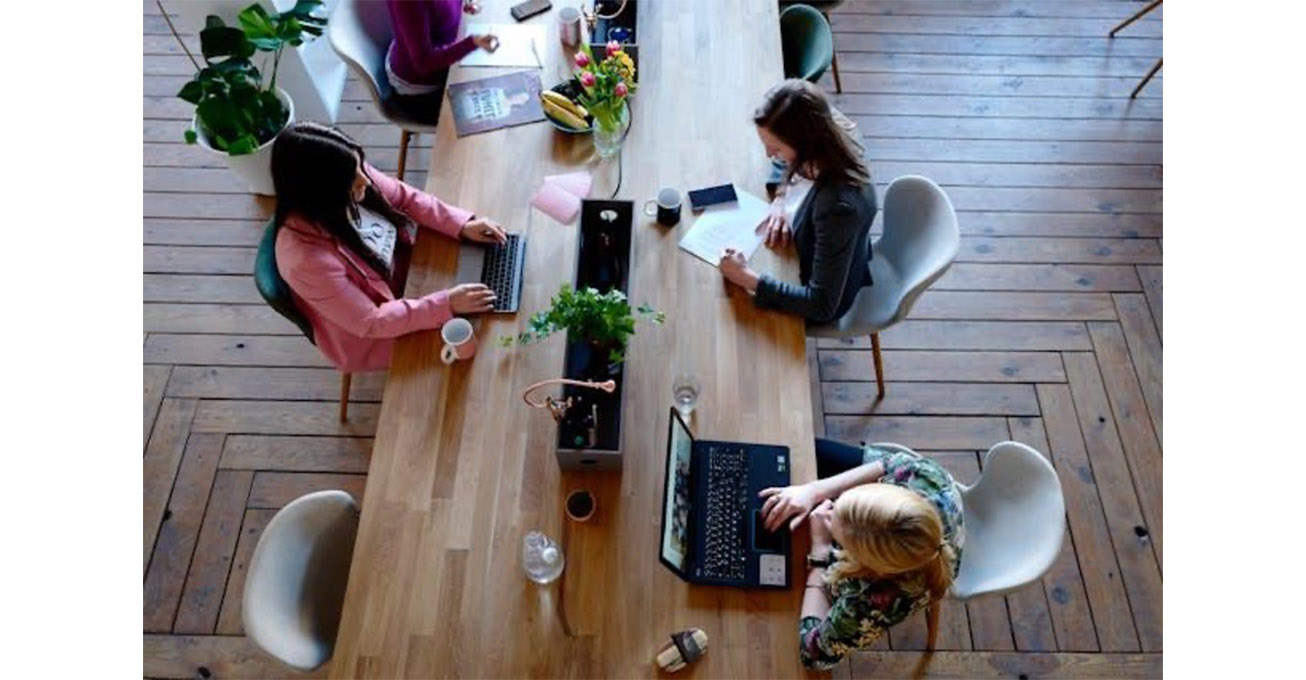With the enforcement of another national lockdown and a long road ahead for vaccination efforts, home working has once again become a necessity for many British workers. For many of us, remote working has brought with it a renewed appreciation for flexibility, but it has also had unintended negative consequences on wellbeing and productivity that cannot be overlooked as businesses look ahead to post-pandemic work models.
In fact, a record fall in output per worker of 19.9% suggests that worker isolation, forgotten professional development and faltering work life balance are starting to bite. Recognising the current failings in working remotely will be critical to determining how we work post-COVID and despite predictions to the contrary, it seems that the office is far from dead. In fact, it’s clear that getting back to the office is a priority for a happy, healthy and productive workforce.
A one-man band
Introverted, or extroverted, we need our colleagues around us to provide motivation, guidance, and to inspire our creativity. In fact, our recent survey found that over 29% of respondents are experiencing loneliness while working from home, indicating that a culture of isolation in the virtual office is ultimately having a negative impact on employees.
This worrying trend also has ramifications for businesses’ productivity, with the lonely worker estimated to take twice as many sick days and demonstrate less commitment and weaker performance. While some employers are providing virtual bonding sessions and webinars, it seems that this cannot serve as a permanent solution. In the longer term, we need people around us indicating that a return to the office is vital.
Career development could be suffering
For many businesses, employee mentoring, training and guidance has understandably been placed on the backburner, with companies focussing on survival as opposed to development. However, limited opportunities for employee development are beginning to prove harmful to company success. In fact, 68% of workers who changed jobs in 2018 did so due to a lack of learning opportunities in their previous roles.
With mentorship opportunities limited while working remotely, feedback can seem less constructive making employees feel further isolated and unhappy. In fact, those water-cooler moments of hints and tips are incredibly valuable, where shadowing or being shadowed allows managers to expand their knowledge and juniors to take those important learning steps in their careers. Reviving these initiatives in person must be a priority for the post-pandemic period.
Defining the boundaries between work and play
With little to divide work from the personal while stuck at home, preserving a satisfactory work-life balance has become a challenging issue for workers. In fact, our recent survey found that 37% of employees have been unable to unplug from work, leading to fatigue and dissatisfaction in the (virtual) workplace. This raises serious risks of a second pandemic: worker burnout.
This trend has created a wellbeing crisis for employers, with 29% workers considering taking unpaid leave when feeling particularly stressed. The “always on” work culture is not sustainable in the longer term, with new generations entering the workforce already feeling worn down. While some employers are offering wellness classes virtually, this cannot make up for clearer boundaries between work and home life. We all work differently and providing employees the choice to return to the office, with additional safety precautions, will give them the opportunity to feel reenergised.
Learning from lockdown and optimising the working environment
Covid-19 has been a challenge for everyone. Across all industries, navigating a new working culture and survival has been an absolute priority. As we look to the future and learn from the impact of continued lockdowns, it has been made abundantly clear that working from home cannot be a long-term solution. Taking our next step in a return to normal should be coupled with optimising the working environment for employees and recognising the value of the office for worker productivity, wellbeing and happiness.
By Giles Fuchs, CEO at Office Space in Town.







